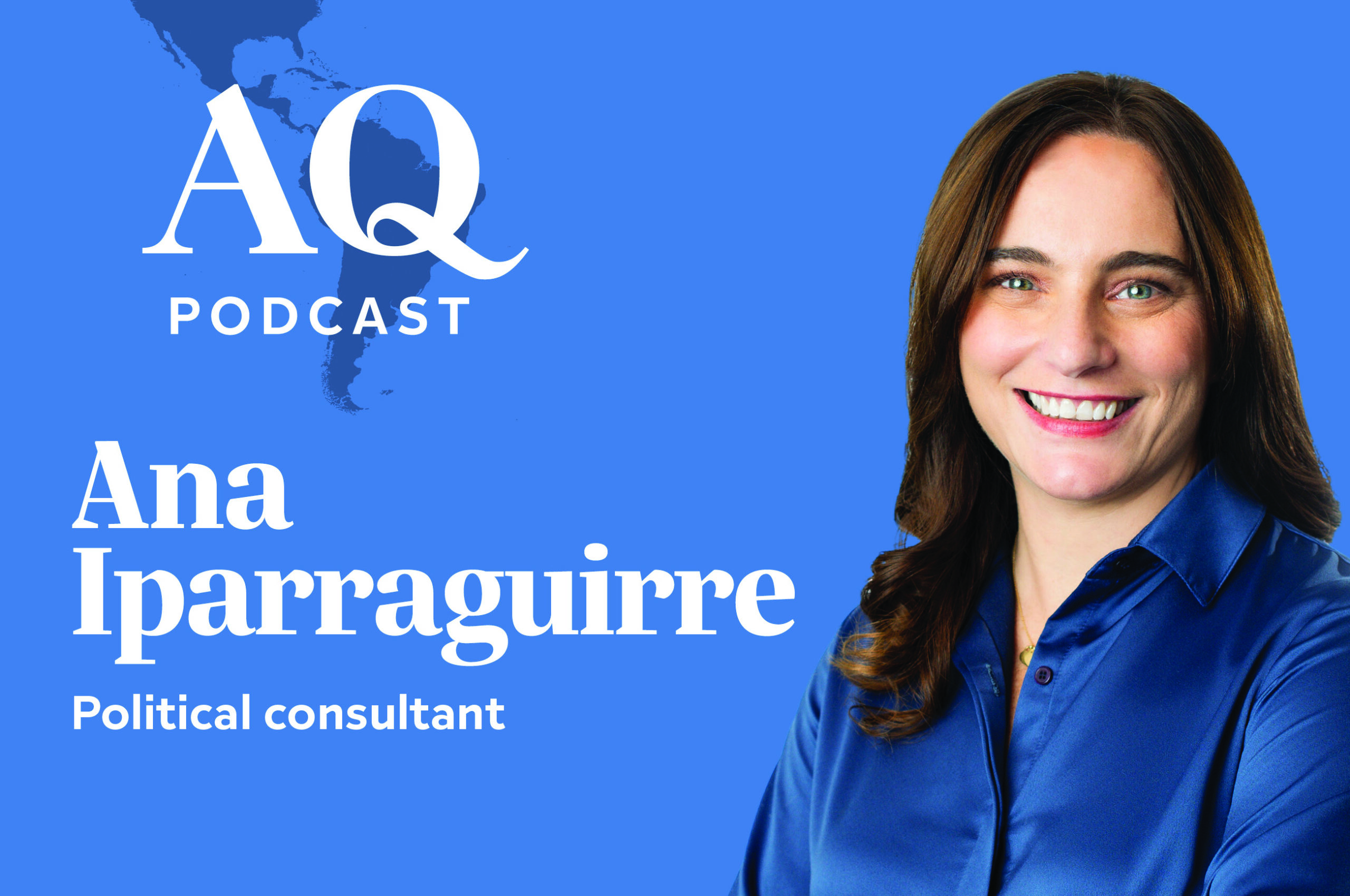The Second-Term Challenges for Bolivia's Evo Morales
The Second-Term Challenges for Bolivia's Evo Morales
The Bolivian president will be faced with political and economic constraints that—if dealt with correctly—could propel him to being a leading figure of the Left.
Evo Morales won a popular mandate. That is the simplest way to describe the results of Bolivia’s recent presidential election. But celebrating Morales' triumph—a landslide 63 percent victory and a ten-point improvement from 2005—should not obscure the obstacles he will face during his second term. These obstacles, both political and economic, will require deft handling and significant pragmatism. This will prove difficult, especially since expectations—particularly among the 60 percent of the population living in poverty—are unrealistically high.
The political constraints Morales faces in 2010 are not insignificant. The same constitution (approved by a referendum in January 2009) that allowed Morales to run for reelection and facilitated his party’s control of the Bolivian Senate also strengthens opponents in the so-called “Media Luna” lowland departments (which voted for autonomy in 2005). The 2009 Constitution formally recognizes “autonomous” regions and grants them significant jurisdictional powers. True, Morales’ Movement Toward Socialism (MAS) party expanded its support in these departments (even winning a majority in gas-rich Tarija). But after the April 2010 regional and municipal elections, Morales will no longer face popularly elected prefects backed by murky “civic committees.” He will face governors (the name change is not insignificant) backed by popularly elected, legitimate regional legislatures.
In the December elections, voters in Bolivia’s highland departments also backed autonomy (by 70 percent or more), as did voters in Tarija’s easternmost Gran Chaco province in their own “regional” autonomy referendum. In both cases, MAS threw its weight behind autonomy—reversing its stance in a similar 2005 referendum. The various sub-national autonomous governments are new political battlegrounds and Morales is already campaigning to build alliances with local parties and organizations (almost 500 different political organizations campaigned in the 2004 municipal elections). The reality of a “federalized” Bolivian state will make governing more difficult for any future Bolivian president, regardless of any national mandate. The cliché that “all politics is local” is true even in Bolivia. Starting in 2010, local politics will have stronger institutional frameworks. That means that Morales’ opponents will have stronger institutional support in areas where they are the local majority, even as the MAS “big tent” coalition faces greater internal pressures.
Please visit the Americas Quarterly website to read the full text of this article.






